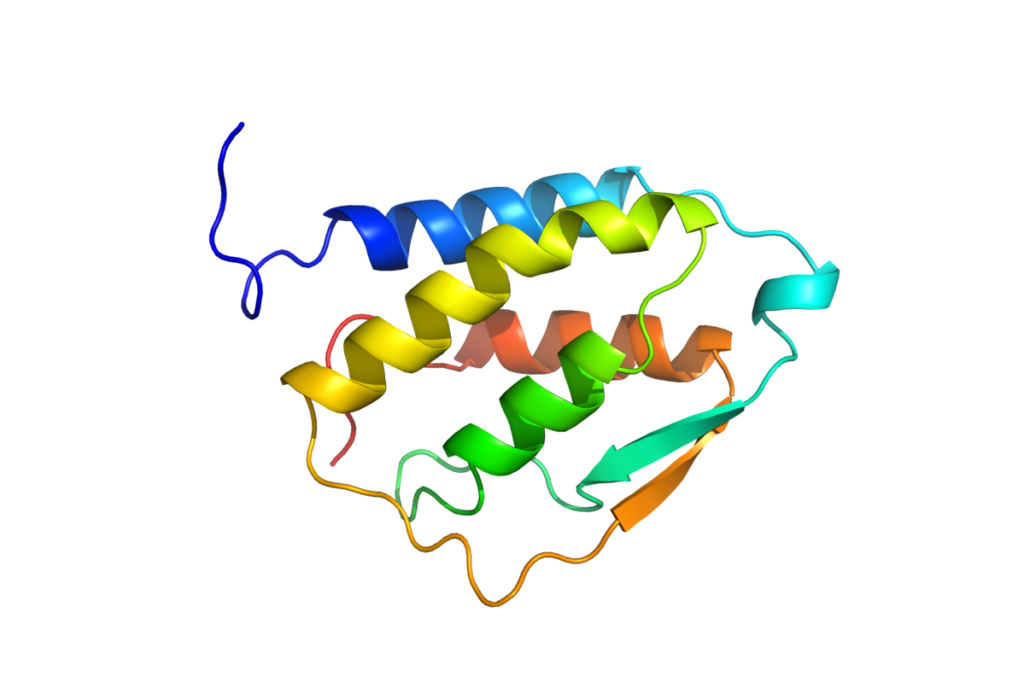mCSF and its receptor may have novel therapeutic potential against multiple diseases

Written by Vincent Pons, Graduate student at Laval University (Canada)
Reviewed by neucradhealth India April 10, 2019
Macrophage colony-stimulating factor (mCSF) is a primordial molecule that control our immune system. This molecule is expressed in steady state in most of tissue as kidney, brain, liver, retina, spleen, lung, adipose tissue, skin and joints1. Its receptor is Macrophage colony-stimulating factor receptor (CSF1R), mCSF shares it with IL-34, which trigger to different effects what increasing the complexity of studying the signalization pathway. mCSF is an anti-inflammatory molecule it plays an important role by maintaining tissue and restoring tissue homeostasis after injury or inflammation. It triggers the secretion of anti-inflammatory molecule and growth factors2.
mCSF stimulates progenitor cells from bone marrow , and takes a role in the development, proliferation and maintenance of mononuclear phagocytes such as monocytes, dendritic cells, microglia and osteoclasts 3.
Various approaches to target the ligand or the receptor are in development, using monoclonal antibodies, or small molecules4. Modulating mCSF/CSF1R could be used to control cells response in different pathologies as Arthritis, nephritis, lung fibrosis, atherosclerosis, obesity, colitis, diabetic nephropathy, neurodegeneration, neuropathic pain and cancer metastasis.
In preclinical models using mCSF or CSF1R as target, the effect can be opposite depending on the model used 5. In Alzheimer’s disease mice-model, weekly injection with mCSF has shown a cognitive improvement toward untreated mice6. In brain injury mice-model, inhibiting mCSF pathway was found deleterious. The absence of the cytokine leads to an increase of neuron death and worsen the injury7. In the same line, certain pathologies as high-grade glioma, sarcoma, lung cancer, mCSF is found to have a significant anti-tumor effect. However in glioblastoma the mCSF is involved in tumor progression8.
During clinical trials, the inhibition of axis is mainly use for cancer therapies. Following preclinical data, inhibition of mCSF/CSF1R axis may not be a good strategy even may be deleterious in neurodegenerative diseases5. Antibodies against the ligand or the receptor are used in clinical trial to cure rheumatoid arthritis, cutaneous lupus erythematosus and Chronic pulmonary sarcoidosis. Most of them are in phase II5.
mCSF/CSF1R has a pivotal role in immune system, controlling this axis may provide a new therapeutic approach, depending of disease. More studies on mCSF are needed to better understand the exact role of this molecule in different pathologies. With ongoing pre-clinical studies and clinical trial we begin to have a better overview on this novel therapeutic approach.
References:
1. Nandi, S. Developmental and functional significance of the CSF-1 proteoglycan chondroitin sulfate chain. Blood 107, 786–795 (2006).
2. Cherry, J. D., Olschowka, J. A. & O’Banion, M. Neuroinflammation and M2 microglia: the good, the bad, and the inflamed. J. Neuroinflammation 11, 98 (2014).
3. Chitu, V., Gokhan, Ş., Nandi, S., Mehler, M. F. & Stanley, E. R. Emerging Roles for CSF-1 Receptor and its Ligands in the Nervous System. Trends Neurosci. 39, 378–393 (2016).
4. Cannarile, M. A. et al. Colony-stimulating factor 1 receptor (CSF1R) inhibitors in cancer therapy. J. Immunother. Cancer 5, (2017).
5. Hamilton, J. A., Cook, A. D. & Tak, P. P. Anti-colony-stimulating factor therapies for inflammatory and autoimmune diseases. Nat. Rev. Drug Discov. 16, 53–70 (2017).
6. Boissonneault, V. et al. Powerful beneficial effects of macrophage colony-stimulating factor on -amyloid deposition and cognitive impairment in Alzheimer’s disease. Brain 132, 1078–1092 (2009).
7. Donat, C. K., Scott, G., Gentleman, S. M. & Sastre, M. Microglial Activation in Traumatic Brain Injury. Front. Aging Neurosci. 9, (2017).
8. Komohara, Y., Ohnishi, K., Kuratsu, J. & Takeya, M. Possible involvement of the M2 anti-inflammatory macrophage phenotype in growth of human gliomas. J. Pathol. 216, 15–24 (2008).
Meet with the author of the article

Vincent Pons
Graduate student
at Laval University (Canada). He works on “the role of mCSF in neurodegenerative diseases”.
Description and Image credit: Illustration purpose only. Credited to
Mpiox, CC





